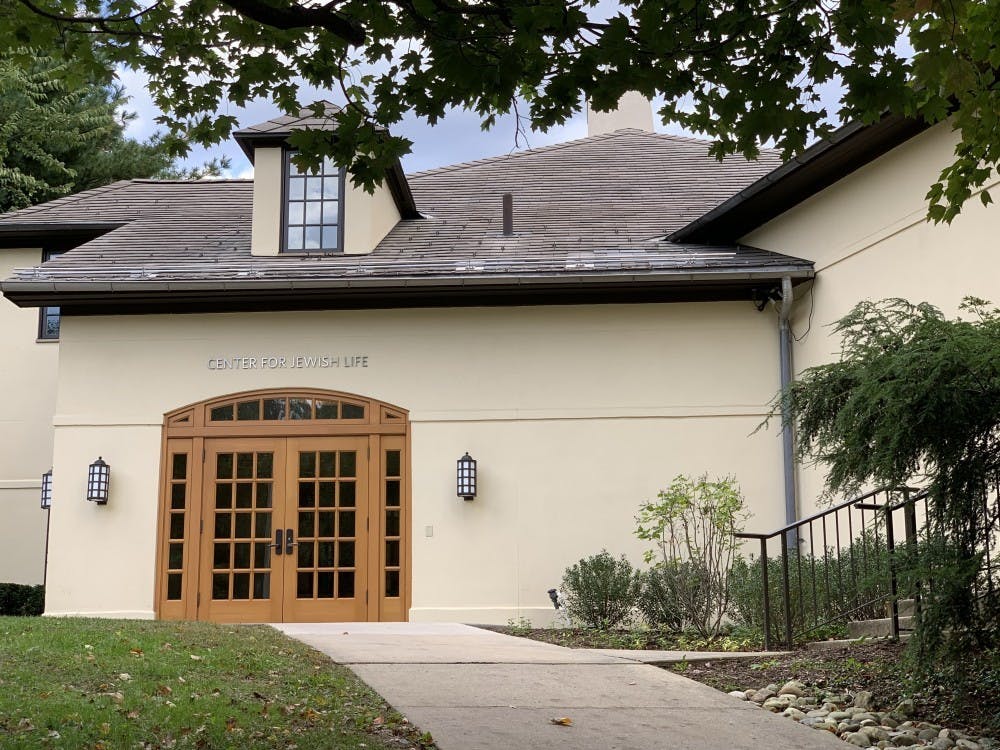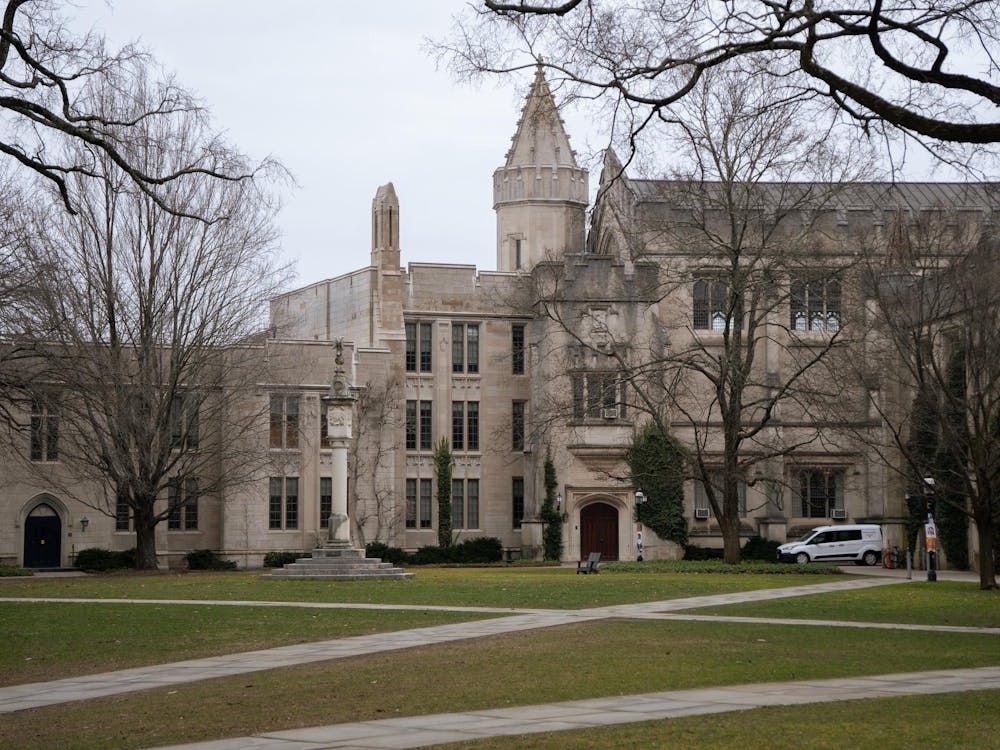The following is a guest contribution and reflects the author’s views alone. For information on how to submit a piece to the Opinion section, click here.
In thinking about the complex problem of academic freedom, the Princeton community must take care to avoid false dichotomies that could be harmful and restrict free speech. One such dichotomy is the idea that we can have either controversial academic inquiry or allow those impacted by that inquiry to speak up and be heard — but not both.
In a guest contribution published on Thursday in The Daily Princetonian, Joan Scott falls into this precise trap. While defending the right to host this past Friday’s conference, entitled “The Anti-Zionist Idea: History, Theory, and Politics,” she simultaneously seeks to delegitimize and silence Rabbi Gil Steinlauf ’91 for expressing concern about its framing and impact, suggesting that his advocacy on behalf of Jewish students is somehow a threat to academic freedom rather than an exercise of it.
As Chair of the Board of Directors of the Center for Jewish Life at Princeton University, I write to provide my personal response to Scott’s contribution. Rabbi Steinlauf’s response to the conference was a principled and deeply thoughtful expression of concern — not an attack on academic freedom, but a practice of free speech. His words reflect his responsibility as Executive Director of the CJL to ensure that Jewish students at Princeton feel safe, respected, and seen — especially when academic discourse intersects with Jewish identity.
It is precisely because we believe in free speech and academic freedom that Rabbi Steinlauf’s voice must be protected and heard. While Scott’s piece claims to defend free expression, it seems to wish to silence Rabbi Steinlauf for exercising it. In particular, the suggestion that Rabbi Steinlauf’s comments addressing “many alumni and others” amount to a veiled threat — based on a vague reference to donor conversations — is particularly troubling and unfounded. It is, in fact, a dangerous and historically loaded claim: the implication that Jewish leaders wield outsized or coercive financial influence to control institutional decision-making.
Rabbi Steinlauf’s letter rightly points out that for many Jews, Zionism is not a political ideology — it is a profound expression of Jewish peoplehood, self-determination, personal identity, and connection to the ancestral and religious homeland of the Jewish people. An event — such as the conference — that frames Zionism as something to be opposed, dismantled, or rejected; an event that can be perceived as calling for an end to the State of Israel rather than opposition to a particular government, is not experienced as a dispassionate academic inquiry by all. For many students and community members, it can be experienced as a repudiation of deeply held identity and belonging.
Rabbi Steinlauf’s letter, contrary to the claims of the Opinion piece, does not call for the University to cancel the conference, silence its organizers, or suppress controversial ideas. It does not question the right of departments to sponsor scholarship that challenges the CJL. Instead, it calls for accountability and awareness of the real-world impact of ideas.
This is not an abstract or theoretical issue for the CJL. It is our mission to serve the full diversity of Jewish students on campus, including many who are Israeli or have close ties to Israel. These students are not seeking to avoid difficult conversations. But they deserve to know that when their identities are implicated in campus discourse, academic departments recognize their dignity and humanity. The work of fostering a pluralistic academic environment is not just about allowing speech — it’s about listening and responding to its impact with care and integrity. Princeton’s own faculty regulations require a classroom environment where no student should feel “humiliated, intimidated, or excluded.” The same standards ought to apply outside of the classroom as well.
Rabbi Steinlauf has modeled precisely the kind of leadership that is needed. His public comments last week — in The New York Times, CNN, and NBC News — have consistently affirmed that Princeton remains a place where Jewish students overwhelmingly report feeling safe and supported. He has defended the University’s commitment to both academic freedom and civil discourse, even while challenging the framing of this particular conference.
It is possible — indeed, essential — both to defend the right to controversial academic inquiry and the right of those who feel harmed by its framing to speak up and be heard. This is what Rabbi Steinlauf has done. And Rabbi Steinlauf’s advocacy is in marked contrast to the unacceptable, disruptive actions by protestors at Monday evening’s conversation with former Israeli Prime Minister Naftali Bennett, which unacceptably sought to shut down and silence the free exchange of ideas at that event.
Rabbi Steinlauf is not only doing his job, but he is doing it extraordinarily well. During a time that has been difficult for many Jews on many college campuses, I’ve heard from parents and students alike that under Rabbi Steinlauf’s leadership, the CJL has thrived as a vibrant, welcoming, and intellectually dynamic center of Jewish life consistent with all of the best principles of Princeton University. His unwavering commitment to pluralism, dialogue, and pastoral care has made the CJL a home for students across the religious, political, and cultural spectrum, Jews and non-Jews alike. That is no small achievement in this challenging moment for campus life — and it deserves the full recognition and support of the Princeton community.
I urge the Princeton community to listen to others on campus with whom they may disagree with curiosity rather than condemnation, and to remember that free speech must include the voices of those advocating for their communities with love, concern, and the hope of greater understanding.

Douglas F. Schleicher ’81 is the Chair of the Board of Directors of the Center for Jewish Life. He may be reached at dschleicher203[at]gmail.com.
Please send any corrections to corrections[at]dailyprincetonian.com.








